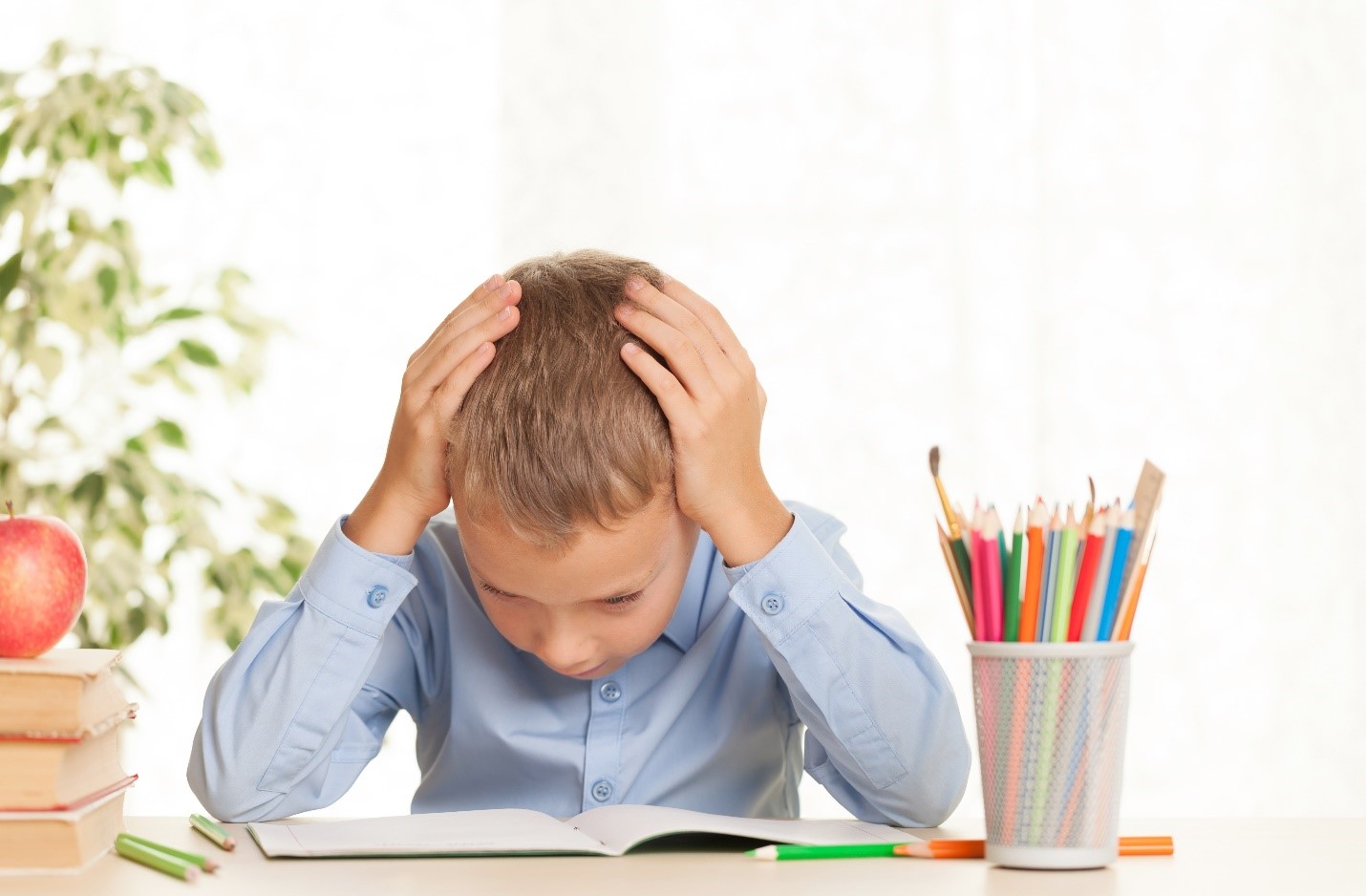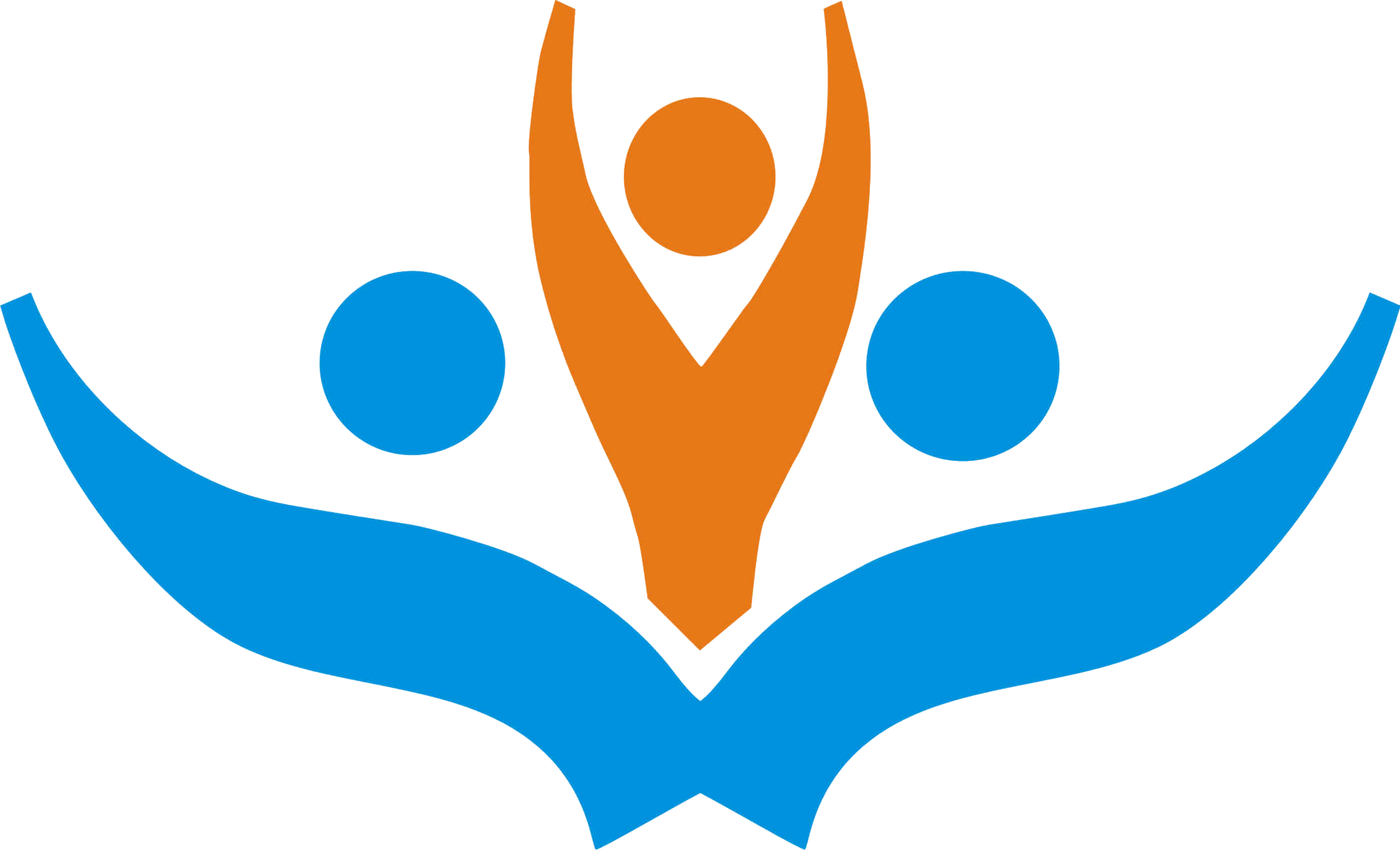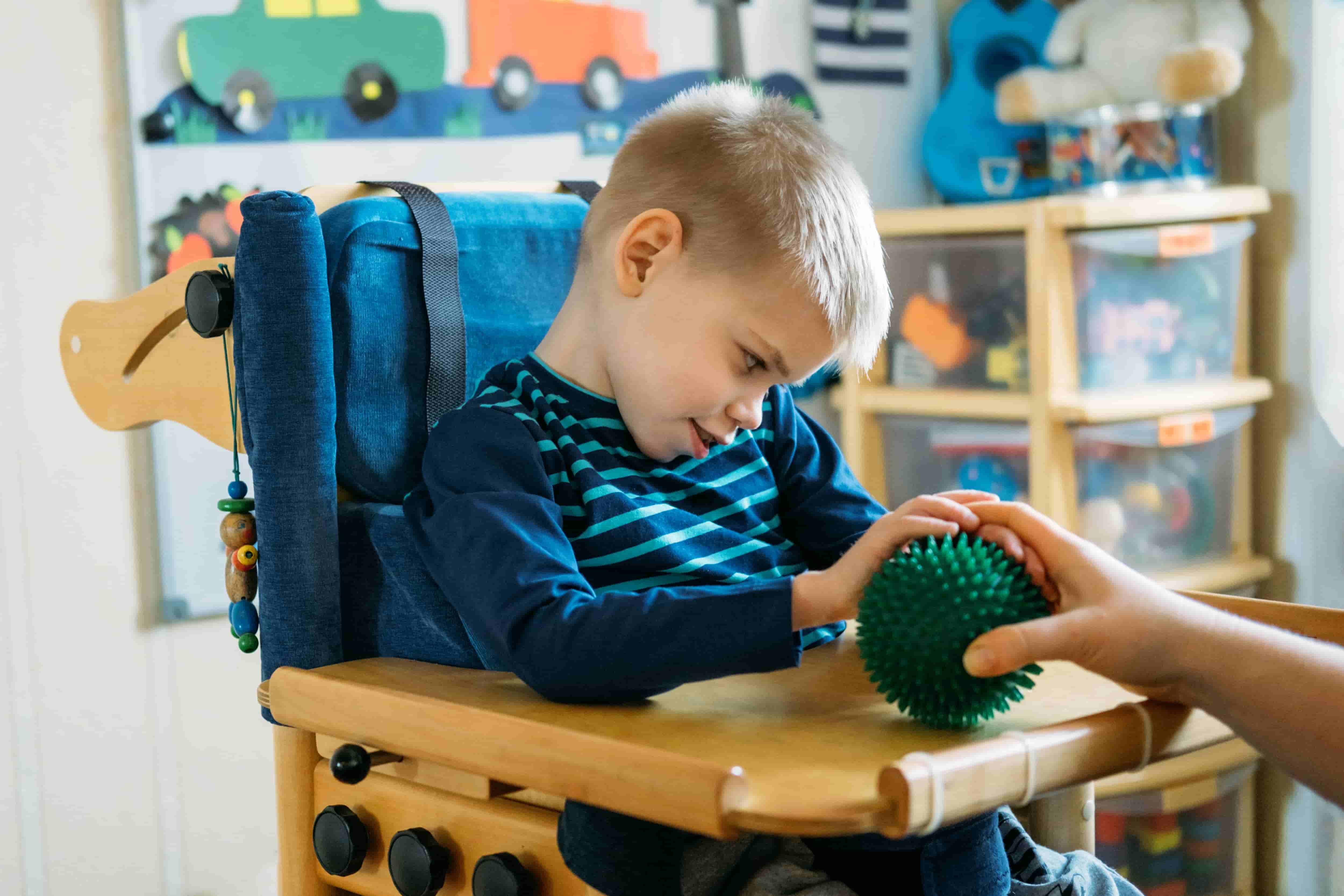
Encouraging children to dwell in possibilities
Attention Deficit Hyperactive Disorder, commonly referred to as ADHD, is a learning difficulty experienced by children and adults. It is a condition that includes a combination of persistent behavioral symptoms, such as attention difficulties, hyperactivity and impulsiveness. In younger individuals it may be charecterised by an inability to sit still at school, difficulty staying focused, impulsive classroom behavior, tantrums at home and trouble staying organized. ADHD affects few children between 4 and 17 years and often continues into adulthood.
A child with ADHD may struggle with poor performance at school, low self-esteem and have trouble with relationships. He or she can have a messy handwriting and a hard time paying attention during lessons, which may result in abnormal classroom behavior and poor academic performance. The child might also struggle with social skills and develop a negative self-image that lead to acting out. Whereas adults with ADHD find their hyperactivity lessons with age but many still experience difficulties staying focused, frustration, mood swings and coping with stress.
ADHD is a behavioral disorder that typically starts during childhood and is categorized into three types based on symptoms:
• Inattentive Type – Difficulty in organizing, paying attention to details, inability to follow instructions/conversations or completing a task
• Hyperactive-Impulsive Type – Physical restlessness
• Combined Type – Combined symptoms of both types
Research has shown that the brains of children with ADHD can differ from those who don’t have the condition. Examining five regions of the brain were found to be associated with cognition, emotion and movement which were generally seen to be of smaller size in a study undertaken over a ten-year period.
This suggests a longer developmental period for kids with ADHD. The structure and neural pathways of the ADHD brain were also distinct, which may explain some of the characteristics impulsivity and a lack of inhibition.
What one should be aware is that all children are energy-packed, mischievous, inattentive, get distracted easily, and such behavior should not be confused as symptoms of ADHD.
Here are some of our insights into this disorder:
• No Medical Cure - Though medication for ADHD in adults can certainly help a lot, there is no medical cure to this disorder. Those who suffer from this disorder should ideally take constant medical help to stay organized.
• Not Everyone who is Hyperactive has ADHD – ADHD is all about being hyperactive, but that does not mean every child/adult who is hyperactive would be suffering from ADHD. Almost all children are hyperactive in nature and one can ascertain whether a child has the disorder or not, only after a series of medical examinations that include blood test, urine test, brain scan and physical check up. As most children have problems controlling themselves - which is absolutely normal - a proper diagnosis can be quite challenging.
• Affects Short Term Memory – A person suffering from ADHD can have problems in remembering things that happened a few days or even a few minutes ago.
• Intelligence is not related to ADHD – This disorder does not affect the intelligence of a person. People suffering from ADHD can outstandingly be bright and excel in profession.
• Causes of ADHD are unknown – Scientists and health experts are still trying to figure out the real causes of ADHD. Genetics is believed to be a main reason of this disorder. Factors like brain injury, premature delivery, environmental exposure, low birth weight and substance abuse during pregnancy are also believed to be causes of ADHD.
Kids with ADHD can also have trouble making friends at school and may struggle to communicate with teachers and parents about their experience. In some cases when a child with this disorder goes undiagnosed, it results in poor performance, the student might even be told he or she is simply not trying hard enough. Self-esteem and confidence levels can suffer and the student may develop a negative attitude towards school and learning. That’s why it is important to know what to look for with ADHD and to get a diagnosis to ensure classroom accommodations and extra support are put in place.
If you have a challenge, or someone in your family does, don’t get discouraged. There’s always a way to reach your dreams – it just might not be the path everyone else takes. Chetna Foundation is a success story, inspired by the desire of countless parents to see their child with ADHD succeed.
| Tweet |





